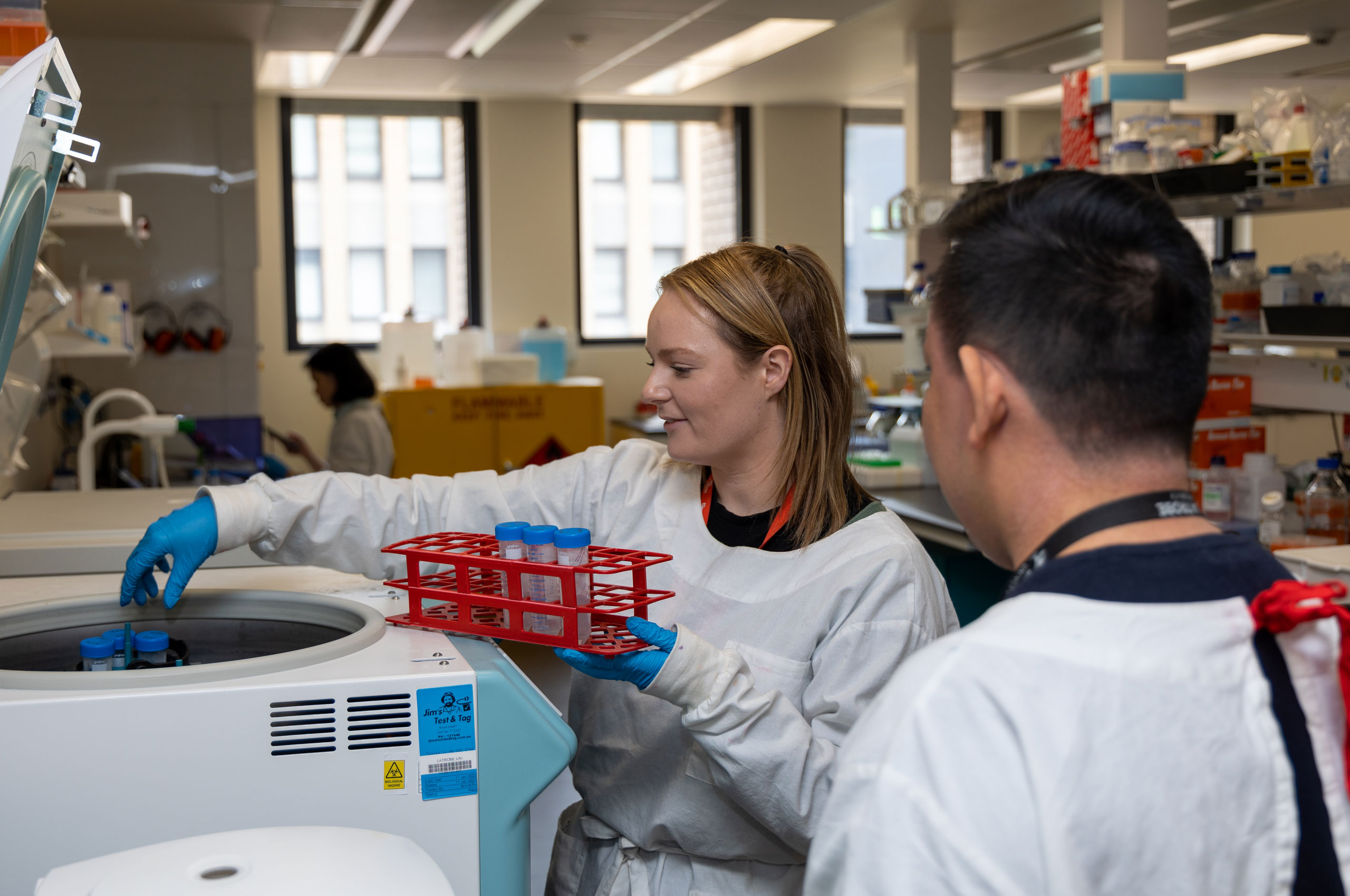Cardiometabolic Disorders Research

This group is investigating the mechanisms that drive cardiac, vascular and renal complications in cardiometabolic diseases.
This group is investigating the mechanisms that drive cardiac, vascular and renal complications in cardiometabolic diseases such as obesity, diabetes and hypertension using clinically-relevant rodent models. The team has developed a new methodology to create and observe diet-induced “metabolic syndrome” in female mice. This enables researchers to accurately measure the impact sex has on cardiometabolic disease.
Current Research Projects
Intermittent fasting is an effective and natural strategy for weight control. It can also reverse metabolic disturbances such as hyperglycemia, hypertension and unhealthy levels of fat in the bloodstream. Many studies have shown the beneficial effects of intermittent fasting in the setting of metabolic syndrome, but very few studies have considered the effect of sex, which our work will now investigate.
The global obesity epidemic has led to a 10-fold increase in obesity-related chronic kidney disease. This highlights the need for an improved understanding of how this disease develops in the body. The fat capsules that surround the kidneys have the potential to exert a greater influence on kidney function than more remotely located visceral fat deposits. In this project we are investigating the impact of these fats and whether their removal can improve outcomes in obese patients.
The presence of risk factors such as obesity, diabetes and hypertension during pregnancy can increase complications during labour and delivery. They can also have a negative impact on the developing foetus. Patients with metabolic syndrome have combinations of these risk factors and their damaging effect is often compounded. Very few studies have studied the effects of metabolic syndrome on pregnancy at a preclinical level. Using our new mouse model of metabolic syndrome, this study will investigate the effects of metabolic syndrome on both maternal health (including end-organ damage) and fetal outcomes (including placental function).
Team members
Dr Maria Jelinic (Division Head)
Dr Vivian Tran (Postdoctoral Researcher)
Dr Hericka Figueiredo Galvao (Postdoctoral Researcher)
Jake Robertson (PhD Student)
Tayla Gibson-Hughes (PhD Student)
Buddhila Wickramasinghe (PhD Student)
Patrick Francis (Honours Student)